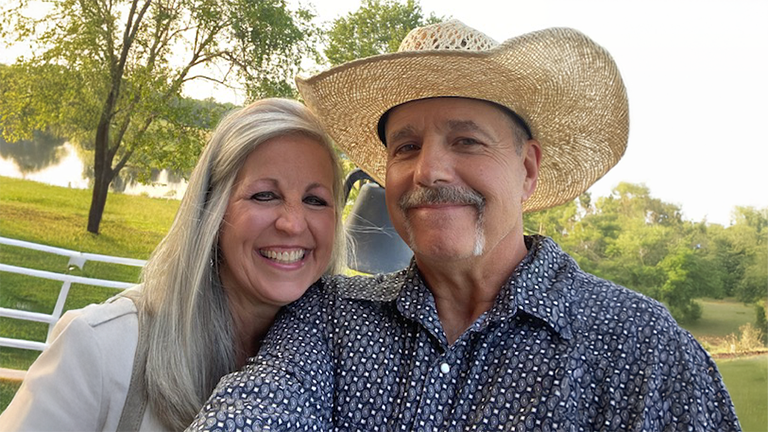For more than three decades, I’ve walked alongside countless individuals and families through one of the most feared diagnoses in modern medicine: cancer. It’s often called the “C word”—a term whispered rather than spoken—because of the fear, uncertainty, and profound disruption it brings to every life it touches.
The scope of the problem
Cancer isn’t a rare affliction. According to the National Cancer Institute’s Surveillance, Epidemiology, and End Results (SEER) Program, approximately two million new cancer cases were diagnosed in the United States in 2024 alone. Nearly 40% of Americans will receive a cancer diagnosis at some point during their lives (SEER, 2024). Few families remain untouched.
Cancer’s danger lies not only in its prevalence but in its diversity and unpredictability. With over 100 distinct types—each varying in aggressiveness, treatability, and long-term outcomes—the disease defies simple solutions. While advances in detection and treatment have improved survival rates for many cancers, others remain devastatingly lethal. For example, pancreatic and glioblastoma cancers still carry five-year survival rates below 10% despite medical progress (American Cancer Society, 2024).
Complexity of cancer treatment: A maze of decisions
Beyond the immediate fear of diagnosis, the treatment journey itself often becomes a daunting maze. Cancer care typically involves a team of specialists: medical oncologists, surgical oncologists, radiation oncologists, hematologists, radiologists, and pathologists. Each plays a vital role in formulating a treatment plan that may include surgery, chemotherapy, radiation, immunotherapy, targeted therapy—or a combination of these.
However, this multidisciplinary approach often requires patients to coordinate care across multiple providers and even multiple facilities. Navigating this web of appointments, tests, and treatment sessions can be exhausting. For families already burdened by fear and uncertainty, the fragmented nature of cancer care can feel overwhelming.
Moreover, treatment decisions are rarely straightforward. Options must be weighed against potential side effects, quality of life considerations, and the likelihood of success—often without clear answers. It’s not unusual for patients to seek second or third opinions, further complicating the care pathway and leading to delays or conflicting advice.
Cancer’s financial and emotional toll
The challenges of cancer aren’t confined to only physical and logistical realms. Financial toxicity—a term increasingly used in oncology literature—reflects the severe economic burden that cancer care can impose. According to a 2023 study published in JAMA Oncology, 42% of cancer patients deplete their entire life savings within two years of diagnosis.
Alongside the financial stress is the emotional toll. Patients often wrestle with anxiety, depression, and feelings of isolation. Family members, too, face the strain of caregiving, fear of loss, and uncertainty about the future. The spiritual challenges are equally profound, as individuals grapple with questions of mortality, purpose, and God’s presence in suffering.
CHM’s commitment to supporting our members
At CHM, we recognize that cancer is not just a medical condition—it is a life-altering journey that affects the whole person: body, mind, and spirit. Cancer remains one of the greatest health challenges of our time, but together, as a community of believers committed to bearing one another’s burdens (Galatians 6:2), we can provide hope, guidance, and practical help. It’s my prayer that, through these upcoming months, CHM members will feel empowered, supported, and spiritually strengthened—no matter where the cancer journey leads.



